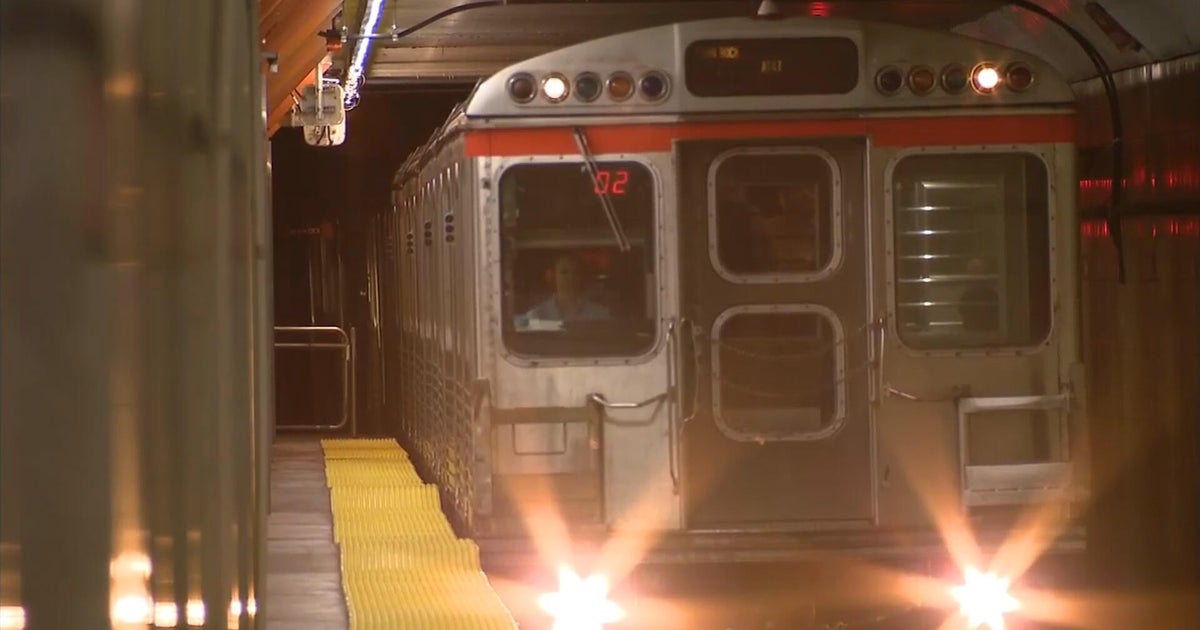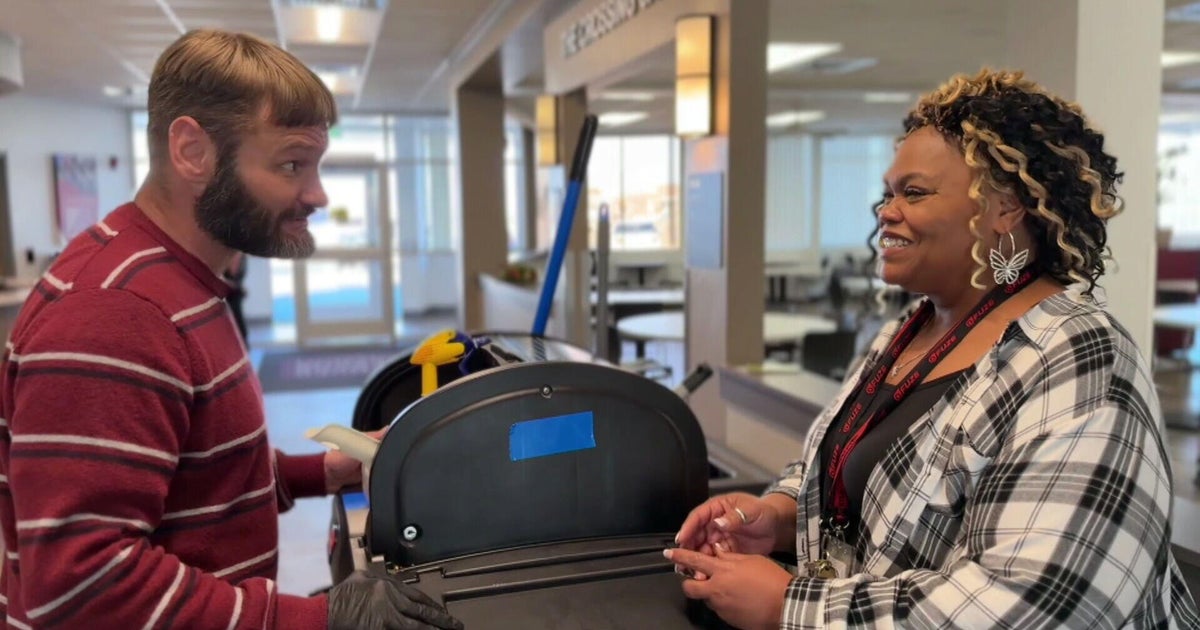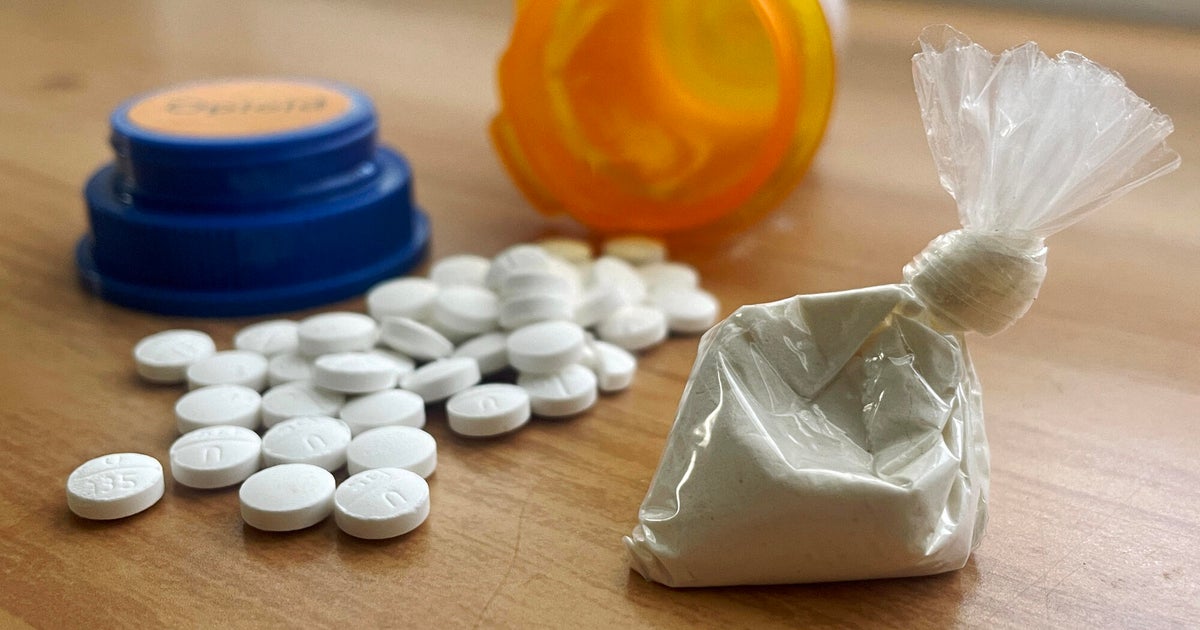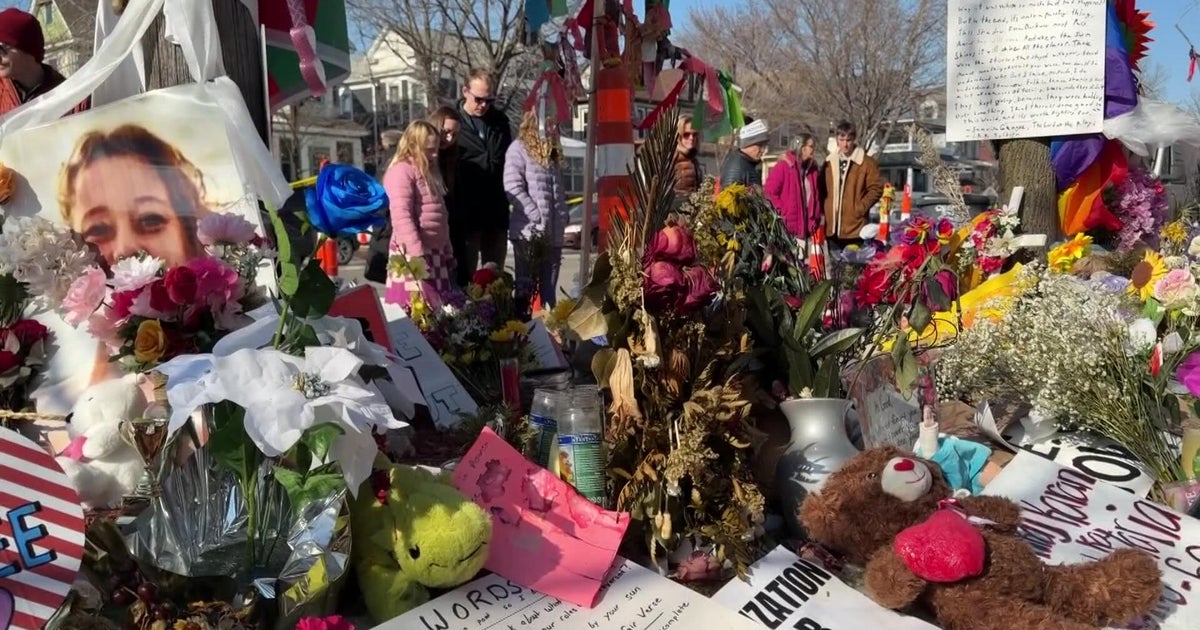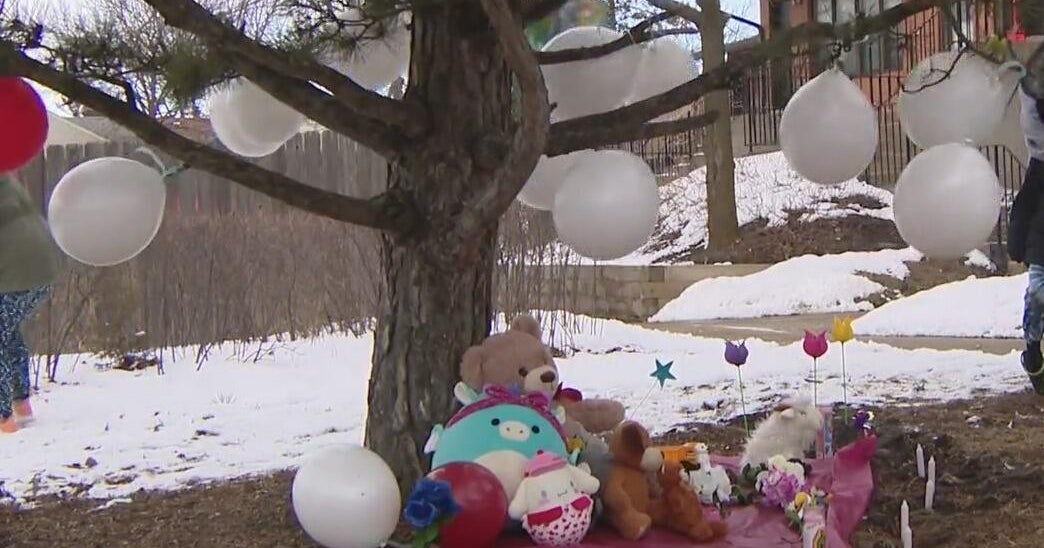Remembering William Penn 300 Years After His Death
Follow CBSPHILLY Facebook Twitter
PHILADELPHIA (CBS) -- Three hundred years ago on July 30 a man responsible for many important contributions to this city, state and country died.
Long before William Penn moved to the top of City Hall, there was Independence Hall. Decades before that building came to be, there was a little boy named William Penn.
He was born and raised in England in the 1640s, almost a hundred years before George Washington.
"One of his basic tenets was, 'We should all come to love one another and live our lives that way regardless,'" said National Park Service Ranger Ray Harsharger.
Harsharger also happens to be a William Penn expert.
William Penn first came to our city in 1682.
He named Philadelphia combining two Greek words, Philos Love and Adelphos Brotherly.
Speaking of names, Pennsylvania isn't even named after this William Penn.
It's named after another William Penn, his father Admiral William Penn. Pennsylvania means Penn's woods.
Previously Undisclosed TSA Program Tracks Unsuspecting Passengers
"William first called it New Wales, then he called it Sylvania and Charles the Second insisted and basically said, 'You are not going to get the charter unless you name it after your father," said Harsharger.
Penn moved back to England but returned to live in this mansion on Second Street in 1699. It was called the Slate Roof House and it stood until 1867 when it was destroyed because of its condition.
"We would love to have the Slate Roof House still here and still standing to really make that connection and it would be I think easier to create the story," said National Park Service Ranger Adam Duncan.
Now, a park across from City Tavern commemorates Penn's famous house.
This document held at the American Philosophical Society is his charter of privileges, essentially an early Constitution almost a century before our Constitution came into play.
Penn died on July 30, 1718 in London and 300 years later his ideas live on.
"When the Quakers began setting up schools for their children, Penn insisted that those schools be open to all children regardless of race or religion," said Harsharger.
